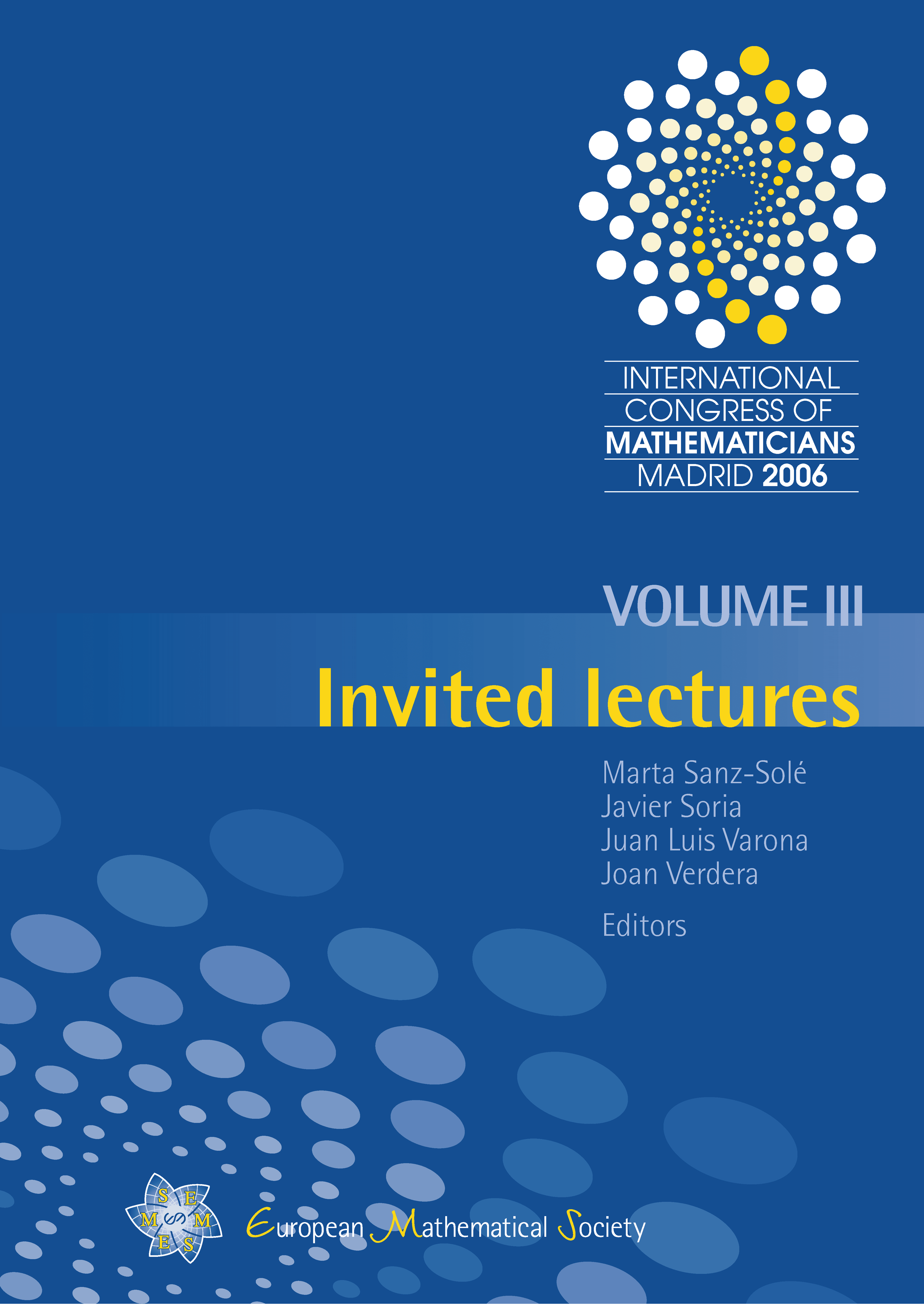A posteriori error analysis and adaptive methods for partial differential equations
Zhiming Chen
Chinese Academy of Sciences, Beijing, China

A subscription is required to access this book chapter.
Abstract
The adaptive finite element method based on a posteriori error estimates provides a systematic way to refine or coarsen the meshes according to the local a posteriori error estimator on the elements. One of the remarkable properties of the method is that for appropriately designed adaptive finite element procedures, the meshes and the associated numerical complexity are quasi-optimal in the sense that in two space dimensions, the finite element discretization error is proportional to _N_−1/2 in terms of the energy norm, where N is the number of elements of the underlying mesh. The purpose of this paper is to report some of the recent advances in the a posteriori error analysis and adaptive finite element methods for partial differential equations. Emphases will be paid on an adaptive perfectly matched layer technique for scattering problems and a sharp _L_1 a posteriori error analysis for nonlinear convection-diffusion problems.